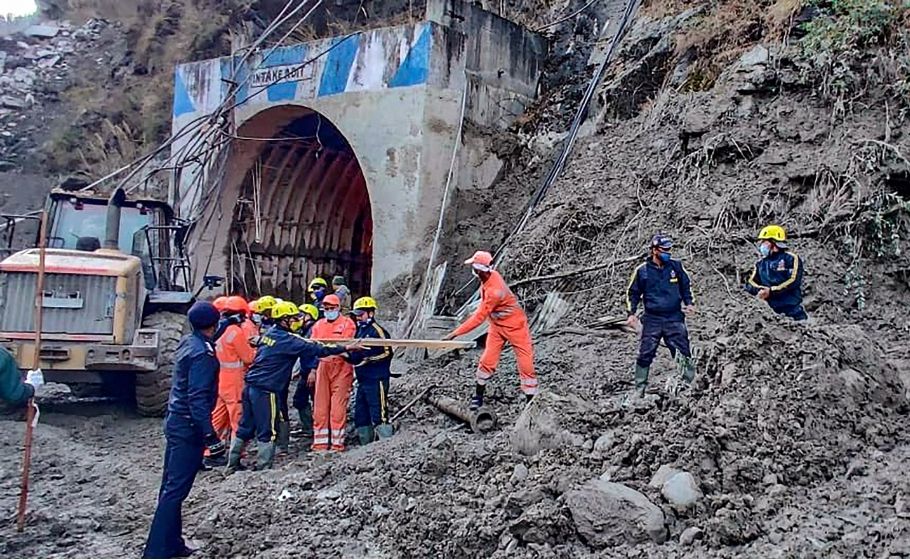In a heart-wrenching incident at a sewage treatment plant (STP) in Uttarakhand, a fatal electrocution claimed the lives of six workers and left four others injured. The tragedy occurred on [Date], and a comprehensive magisterial probe was immediately initiated to uncover the root cause behind the incident.
According to the findings of the magisterial probe, which were released today, the accident was the direct result of faulty earthing at the STP facility. The lack of proper earthing mechanisms exposed the workers to a lethal electrical discharge, leading to the unfortunate loss of lives and injuries.
Uttarakhand’s Chief Electrical Inspector, who was part of the investigative team, confirmed that the STP had been operating with inadequate safety measures for some time. The absence of a well-maintained earthing system in the plant significantly increased the risk of electrical accidents. Moreover, the report highlighted the absence of regular safety inspections and audits, which should have been conducted to identify and rectify potential hazards promptly.
As per records from the State’s Labor Department, the STP was managed by a private contractor, who had been awarded the operation and maintenance contract by the Uttarakhand Jal Sansthan. The tragic incident raised questions about the accountability and oversight of the contract, prompting authorities to reassess the process of awarding and monitoring such contracts in the future.
Following the submission of the magisterial probe’s findings, the state government has vowed to take swift action to bring those responsible to justice and prevent similar incidents in the future. The authorities have announced the formulation of a task force comprising experts from various relevant fields, including electrical safety, labor rights, and contract management, to propose comprehensive safety guidelines for industrial installations.
According to a statement by the Chief Minister, “The loss of precious lives in this tragic accident is deeply saddening. We will leave no stone unturned to ensure that such incidents do not recur in the state. Our focus is not only on holding those responsible accountable but also on implementing robust safety protocols across all industrial facilities.”
Electrocution accidents are unfortunately not uncommon in India, with many incidents being reported from industrial and construction sites. The issue of lax safety standards and inadequate oversight has been a matter of concern for labor rights advocates, who have been urging both the government and private enterprises to prioritize employee safety and well-being.
In light of the Uttarakhand STP tragedy, authorities across the nation are being urged to conduct safety audits at all industrial sites regularly. Furthermore, stringent regulations are being proposed to enforce proper earthing and electrical safety measures to minimize the risk of such accidents in the future.
As the nation mourns the loss of lives in this horrific incident, it serves as a stark reminder of the critical importance of adhering to safety protocols, particularly in hazardous work environments. It is essential for all stakeholders, including the government, private entities, and workers, to collectively strive for a safer and more secure industrial landscape, where no life is jeopardized due to negligence or oversight.



